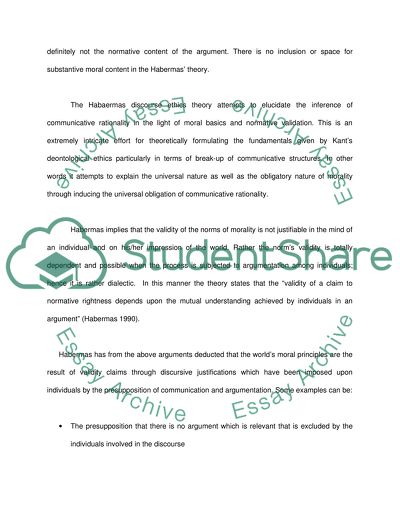Cite this document
(“Habermas Political Philosophy Essay Example | Topics and Well Written Essays - 5000 words”, n.d.)
Habermas Political Philosophy Essay Example | Topics and Well Written Essays - 5000 words. Retrieved from https://studentshare.org/miscellaneous/1501219-habermas-political-philosophy
Habermas Political Philosophy Essay Example | Topics and Well Written Essays - 5000 words. Retrieved from https://studentshare.org/miscellaneous/1501219-habermas-political-philosophy
(Habermas Political Philosophy Essay Example | Topics and Well Written Essays - 5000 Words)
Habermas Political Philosophy Essay Example | Topics and Well Written Essays - 5000 Words. https://studentshare.org/miscellaneous/1501219-habermas-political-philosophy.
Habermas Political Philosophy Essay Example | Topics and Well Written Essays - 5000 Words. https://studentshare.org/miscellaneous/1501219-habermas-political-philosophy.
“Habermas Political Philosophy Essay Example | Topics and Well Written Essays - 5000 Words”, n.d. https://studentshare.org/miscellaneous/1501219-habermas-political-philosophy.


